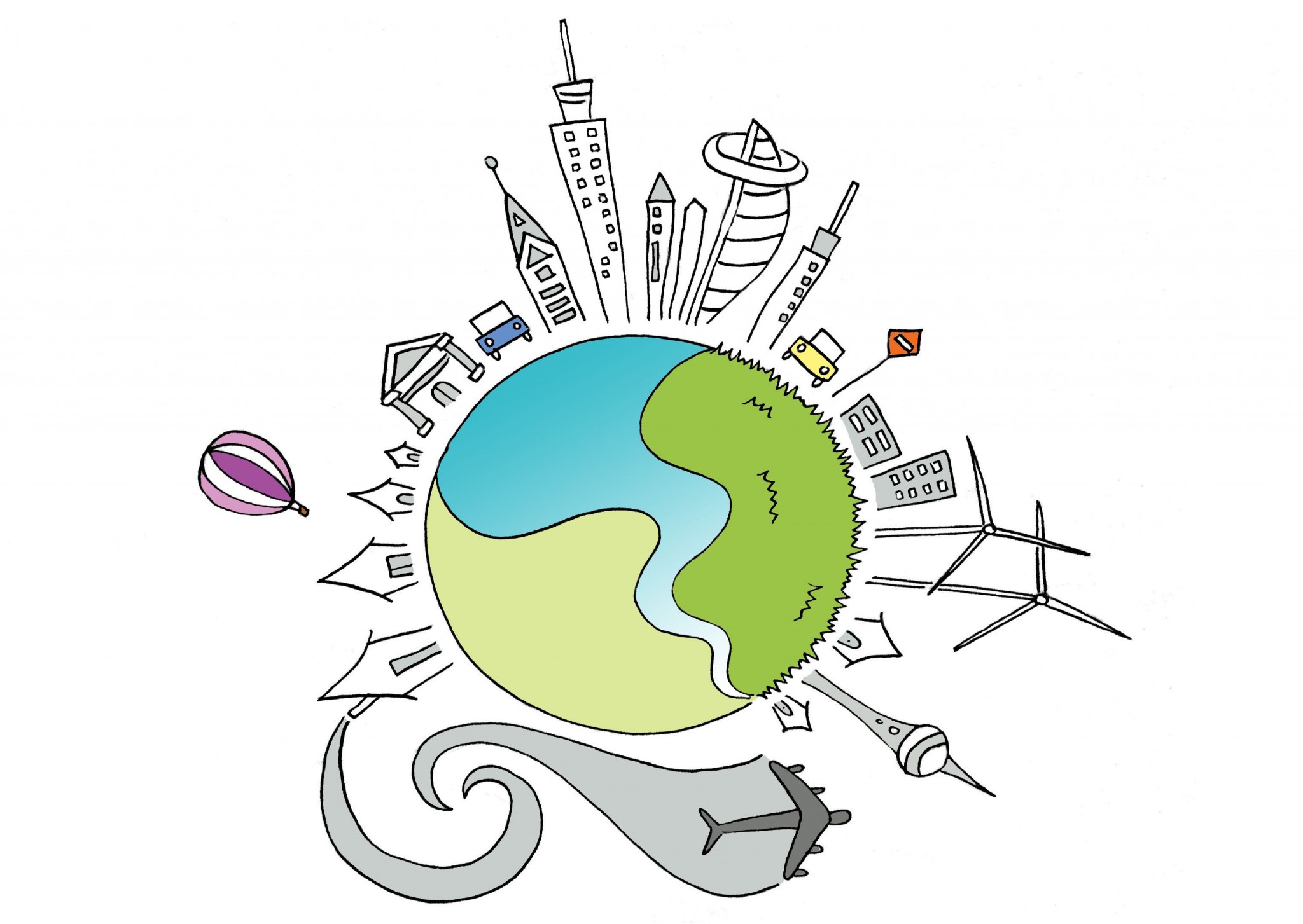The AMERICANA Conference, a forum and international trade show for environmental technologies, was held from March 21 through March 23 at the Palais des congrès de Montréal. With over 12,000 participants, 200 kiosks, and 200 conferences, the conference hall was packed. The participants and speakers represented 36 countries including Morocco, China, and France. First launched in 1995, the annual event was organized by Réseau Environment.
“This edition was a great success, with an increase in participation, but above all, an increased diversity of participants, through the integration of events parallel to the programming of AMERICANA,” Jean Lacroix, CEO of Réseau Environment, explained. “The diversity of the protagonists and sectors represented a decompartmentalization and convergence of interests for joint action in favor of the environment.”
The conference was predominantly francophone, though many of the conferences featured real-time English translation headsets.
Each day there were three presentations of each topic. The first two days brought leaders of green municipalities and innovators into discussion with other municipality leaders who would like to make their cities more efficient and environmentally sustainable. One lecture, titled “Circular economy, regional economic development and clean energy transition,” featured Jacky Aignel, the mayor of Le Mené, France. Le Mené is a 100 per cent RES (Renewable Energy Sources) city focused on implementing an exclusively renewable energy strategy. He explained how his city transitioned to green power.
Le Mené isn’t the only green-minded city in France. Jacques Saint-Marc, the former secretary general of the Interministerial group for mobility and electric vehicles in France, explained in his talk, “Innovating – easier than it looks: solutions for creative cities and businesses,” how France is mitigating the effects of climate change through their implementation of rentable electric vehicles (EVs). The EVs are designed to complement the transportation system of trains and bikes that were already in place. The government of France has offered subsidies to companies willing to install this technology. One firm–the Bolloré Group–has taken advantage of the offer and plans to install 16,000 charging stations across the country.
One of the participants of the conference, Jonathan Arnold, representing Canada’s Ecofiscal Commission, explained that he enjoyed the conference, but found it difficult to network effectively due to its size. The Ecofiscal Commission is a think-tank that creates policy reports and advises politicians on how their plans could be implemented. His interests lie specifically in water and waste management. Arnold came prepared and had already emailed groups and individuals in his field to let them know that he was coming so that they could meet. The most interesting, if not terrifying, fact he learned at the conference was that if there was an oil spill tomorrow in Montréal, there would only be enough water reserves for up to 16 hours.
The last panel was titled, “From COP22 to driving forces: the role of the young generation in sustainable development implementation.” Its speakers included Nicolas Eyssallenne, representing the Canadian delegation of young business professionals at the COP22 conference in Marrakech: Cap DD, and Marie-Chantal Vincent representing Écosystémie. The lecture highlighted their experiences in Marrakech, the opportunity for young professionals to join them next year, the new technologies being developed by youth, and the other opportunities for youth to get involved in the green revolution.









